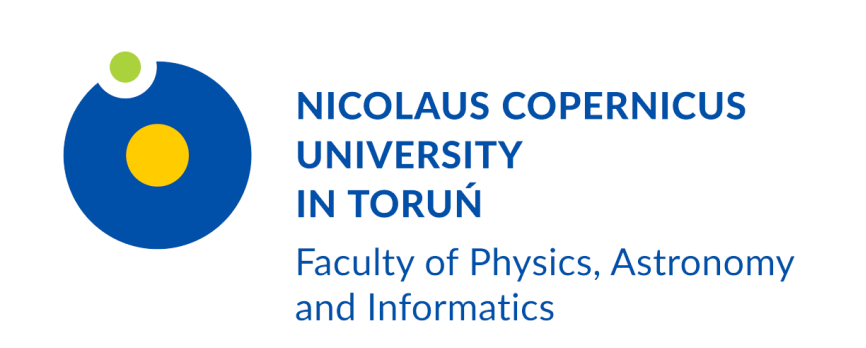
Karolina Słowik, PhD
The best student of NCU’s Faculty of Physics, Astronomy and Informatics in 2007, and the best graduate a year later. After doctoral studies in Atomic Physics in Toruń, she did postdoctoral apprenticeships at Abbe Center of Photonics in Jena and Karlsruhe Institute of Technology in Germany, where she focused her investigations on nanophotonics. Currently she is working as researcher at the Institute of Physics of Nicolaus Copernicus University. She conducts research funded by the HOMING program of the Foundation for Polish Science, as well as by a program by the Ministry of Science and Higher Education and DAAD aimed at Polish-German cooperation. Recently, she has received an individual award of NCU’s Provost for a series of scientific publications, including an article published in a prestigious Nature Photonics journal, and became a laureate of a grant in BEETHOVEN 2 competition by the National Science Centre.
Playing with atoms and light
My academic interests include atomic physics, quantum optics and nanophotonics. Let us first try to explain those terms a bit. Optics is about studying light, for example coming from a light bulb or the sun, which contains billions of photons- elementary particles (so called quanta) of light. Quantum optics concerns very weak light: single photons or beams consisting of just a few of them, which can be created by a laser. In my work, I study the interactions between quantum light with atoms or molecules.
One of the research directions is focused on modeling the propagation of beams through atomic ensembles (for example atomic vapours contained in a glass probe or an optical fiber), whose properties can be shaped by means of lasers. For example, by turning the knob of a laser, it is possible to make them opaque or transparent, as well as significantly slow down, or even stop an pulse of light within them.
The second field, which I am an intensely interested in, concerns interactions between light with single atomic systems (atoms, molecules, artificial atoms called quantum dots, etc.) in close proximity of exotic objects known as nanostructures. They are microscopic crumbs of metals like gold, dielectrics like silicon or even graphene, tens of thousands times smaller than a grain of sand, but still much larger than single atomic systems. They are able to confine the energy of light into hot spots the size of which can be compared to the sizes of atomic systems. If the system is positioned in such a hot spot, its interaction with light will be more intense: it will then be possible to enhance its excitation or de-excitation rate. There is also a possibility to unlock processes unobservable in different conditions. We thus have a prospect of miniatured devices which would allow to control the behavior of molecules, for example activate them on demand and store information inside them. The applications also involve methods of communication and computations at unprecedented speed, or long-term storage of data recorded on modern information carriers: molecules, ions or photons.
Why Toruń? Because working here offers the chance to make use of the experience of experts in related fields: quantum chemistry, physics of nanoparticles and spectroscopy; because cooperation with students is extremely stimulating; because I simply like the atmosphere of this town.

 Grudziądzka 5, 87-100 Toruń
Grudziądzka 5, 87-100 Toruń